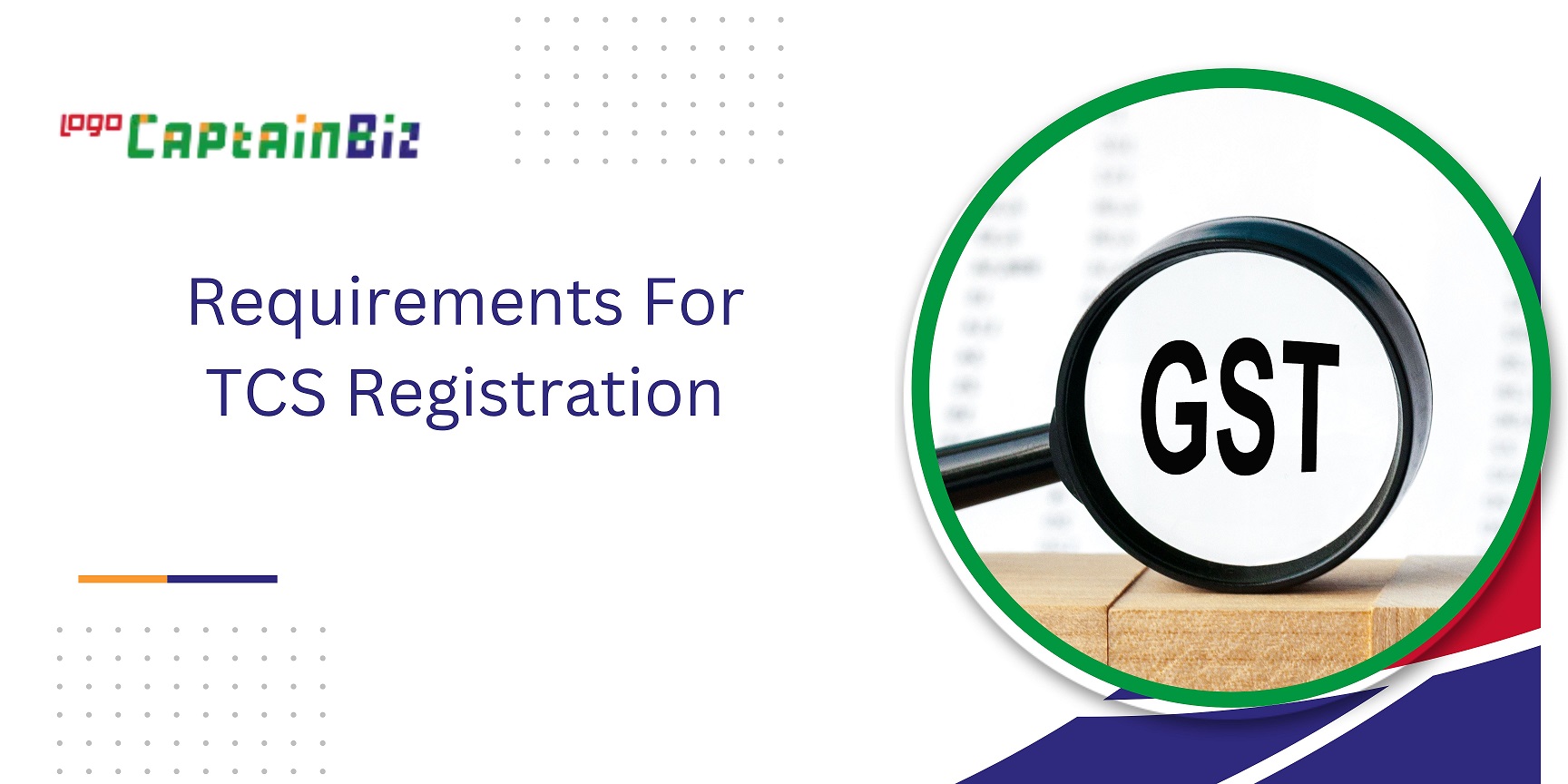What is TCS under GST
Tax Collected at Source (TCS) under GST means the tax collected by an e-commerce operator from the consideration received by it on behalf of the supplier of goods or services who makes supplies through the operator’s online platform. TCS will be charged as a percentage of the net taxable supplies. The provision of TCS under GST is dealt under Section 52 of the CGST Act.
Who is liable to collect TCS under GST?
Certain operators who own, operate and manage e-commerce platforms are liable to collect TCS. TCS applies only if the operators collect consideration from the customers on behalf of vendors or suppliers. In other words, when the e-commerce operators pay the consideration collected to the vendors, they have to deduct an amount as TCS and pay the net amount.
Here are a few exceptions to the TCS provisions for the services provided by an e-commerce platform:
- Hotel accommodation/clubs (unregistered suppliers)
- Transportation of passengers – radio taxi, motor cab or motorcycle
- Housekeeping services like plumbing, carpentry, etc. (unregistered suppliers)
TCS will be collected by e-commerce operators while making a payment to the vendor. This payment will be the consideration collected on the vendor’s behalf for the supplies made by him via the online portal. This tax will be collected on the net value of taxable supplies.
What is the rate applicable under TCS?
The dealers or traders supplying goods and/or services through e-commerce operators will receive payment after the deduction of TCS @ 1%. The rate is notified by the CBIC in Notification No. 52/2018 under the CGST Act.
This means for an intra-state supply, TCS at 1% will be collected, i.e. 0.5 % under CGST and 0.5% under SGST. Similarly, the TCS rate will be 1% for a transaction between the states, i.e., under the IGST Act.
What is GSTR 8?
GSTR-8 Return is the return filed to declare the Tax Collected at Source (TCS by E-Commerce Companies. It must be filed every month on or before 10th by e-commerce companies.
Like Job Work, e-commerce transactions also involve a different buy-sell arrangement, hence need special attention in GST Law. As per section 52 of CGST Act 2017, a person who owns or manages an E-commerce platform is liable to collect taxes while making taxable sales on behalf of other suppliers of goods or services through his online platform. As such, the tax collected is known as TCS, i.e. Tax Collected at Source.
GST REGISTRATION FOR TCS
GST registration is mandatory for both e-commerce operators and persons supplying goods or services through an e-commerce operator
Requirements For TCS Registration
- For Registration as Tax Collector: Applicant has a valid PAN.
- Applicant must have a valid mobile number.
- Applicant must have a valid E-mail ID.
- Applicant must have a place of business.
- Applicant must have an authorised signatory with valid details.
- Applicant has to file form GST REG-07 for taking registration as Tax Collector.
TCS RETURN GSTR-8 is a return to be filed by the e-commerce operators who must deduct TCS (Tax collected at source) under GST. GSTR-8 contains the details of supplies effected through the e-commerce platform and the amount of TCS collected on such supplies.
Due Date For Return
The operator is also required to furnish a monthly statement in Form GSTR-8 by the 10th of the following month.
Frequency of GSTR 8
An E-commerce operator needs to file monthly as well as annual returns, which can be attained as follows:
Monthly Returns:
The TCS collector must file a TCS return in form GSTR-8 within 10 days after the end of the given month.
Annual Returns:
The e-commerce operator can file his annual returns via form GSTR 9B. The Annual return needs to be filed by the 31st of December following the end of every financial year, wherein the e-commerce operator needs to provide reconciliation between financial accounting results and GST Returns. However, for the financial year 2017-2018, this provision of filing GSTR 9B is deferred.
Credit Claim
Upon the filing of GSTR 8 by the E-commerce Operator, the claim credit is automatically be reflected in the Supplier’s Electronic Cash Ledger, which the Supplier can claim and use for payments of taxes while filing GSTR 3B. Supplier will also get the TCS details auto-populated in the GSTR 2X form.
The Bottom Line
It’s essential for businesses to correctly determine and apply the appropriate HSN code to their products to ensure accurate taxation. The HSN code is typically included in invoices and other relevant documents for GST compliance.
Businesses must be aware of the HSN codes applicable to their products, as these codes determine the tax rates and other regulatory requirements.
Also read: Applicability and registration requirements for GSTR-8
Also Listen: Understanding the provisions of TCS (under GSTR-8)
Frequently Asked Questions
What is the provision of TCS under GST?
TCS stands for Tax Collected at source. In the GST regime, every e-commerce operator needs to collect 0.5% under the CGST Act and 0.5% under the SGST Act. In the case of inter-state transactions, 1% (under the IGST Act) on the net values of taxable supplies made through the e-commerce operator.
What are the provisions of TCS on sales?
Who is required to collect TCS on the sale of goods? The seller of the goods who receives any amount as consideration for the sale of any goods of the value exceeding INR 50 Lakhs is required to collect TCS on the sale of goods under Section 206C(1H) of the Income Tax Act from the buyer.
Can TCS be claimed in ITR, and When can I claim a TCS refund?
You can claim a TCS refund in your I-T return (ITR) if you have paid more TCS than your actual tax liability. To claim the TCS refund, fill out the ITR form’s relevant sections and provide supporting documentation.

